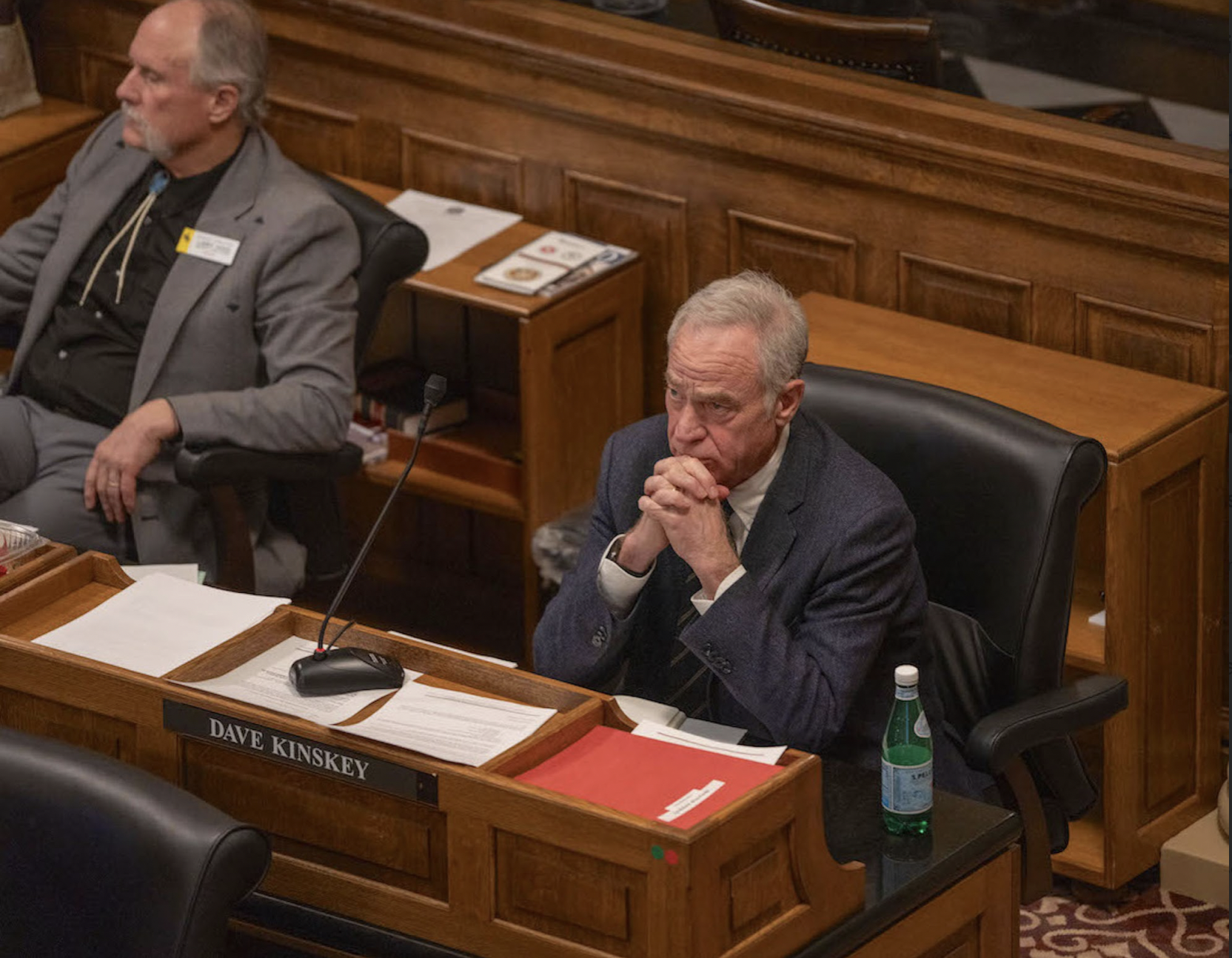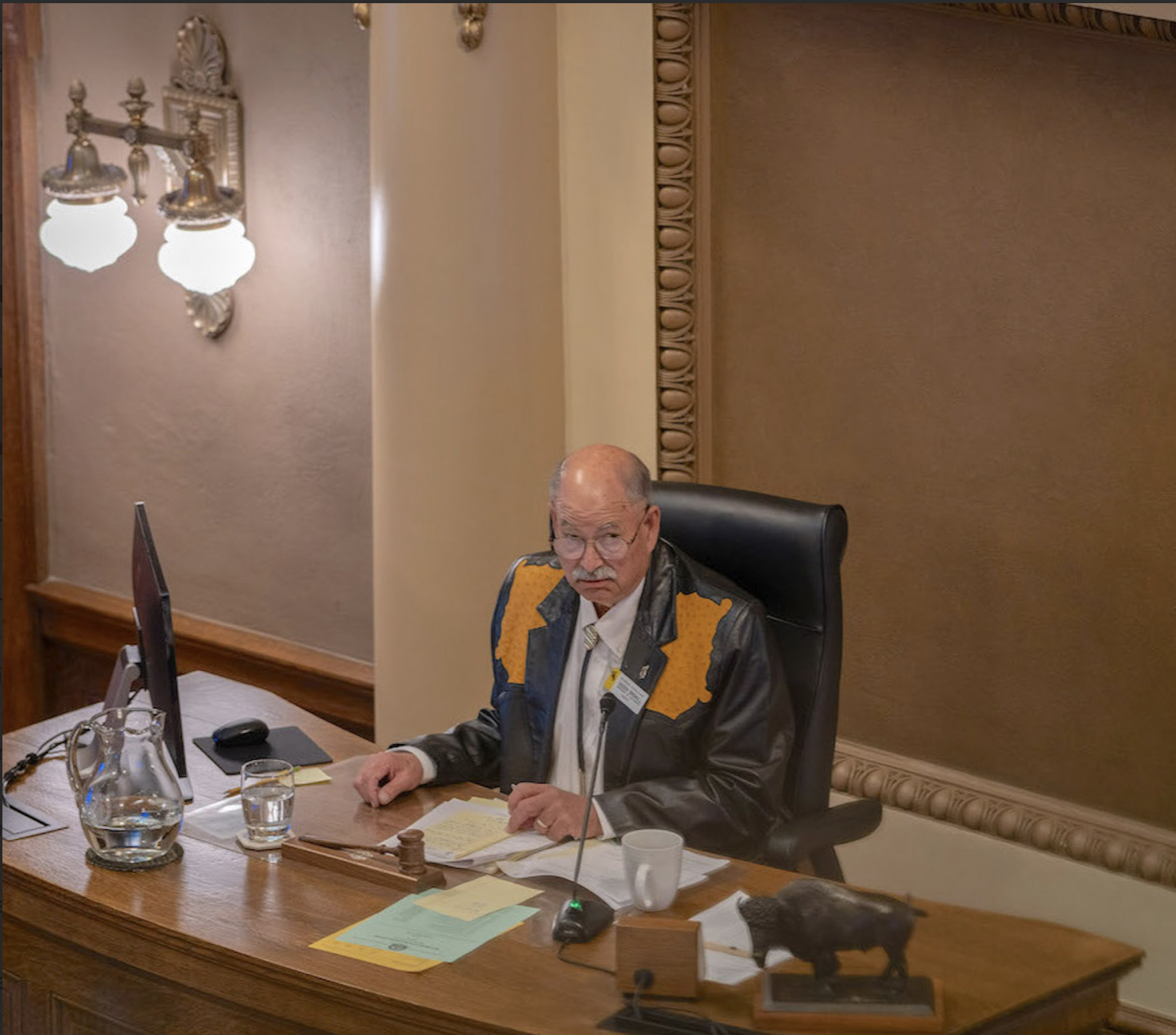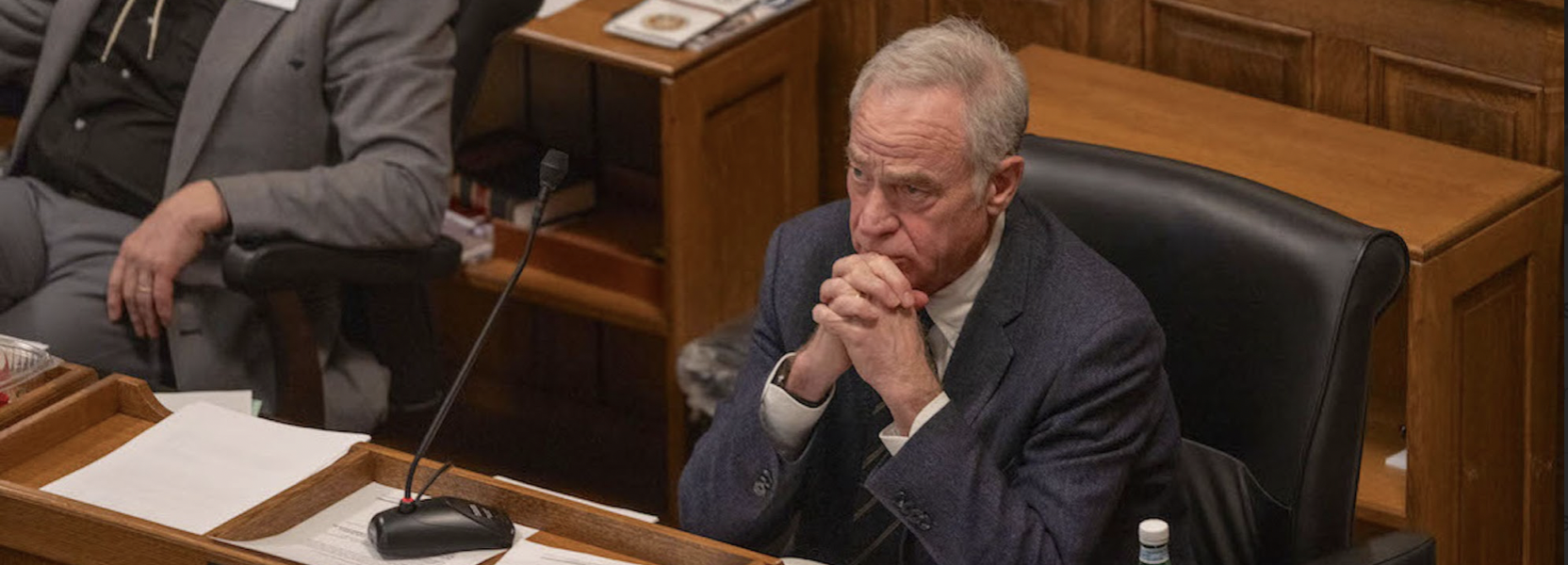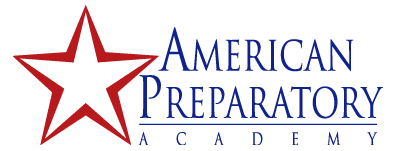
• Senate negotiators appointed for their conservatism have yet to respond to a House proposal made Thursday. Lawmakers are already out of time to respond to potential gubernatorial vetoes.
By Maggie Mullen and Maya Shimizu Harris, WyoFile.com
CHEYENNE—Five senators are currently the one thing between the Legislature and its constitutional obligation to pass a budget. And time is running out.
“You said you were going to come in with something big and you did,” Sen. Dave Kinskey (R-Sheridan) told his House colleagues Thursday during interchamber budget negotiations.
The House side of the Joint Conference Committee — the leadership-appointed panel responsible for negotiating a unified budget — had brought their Senate counterparts eight amendments in an attempt to reach an agreeable middle ground between the two chambers’ versions of the budget. House and Senate versions of the budget entered JCC deliberations $1.1 billion apart, with the upper chamber proposing the smaller bottom line.
“There’s certainly a lot there for us to consider and we will give it due consideration,” Kinskey said. That deliberation has taken longer than the House side expected.
Both Reps. Lloyd Larsen (R-Lander) and Tom Walters (R-Casper) told WyoFile they were expecting a vote sometime Thursday evening.
Instead, Kinskey — who’s done nearly all the talking for the Senate side — couldn’t say when they’d have a counteroffer and declined to schedule a committee meeting for Friday.
Time, however, is of the essence.
Without a Friday JCC meeting, lawmakers are now down to just five working days to pass a budget. Once negotiators agree on a deal each chamber still has to approve their work with a simple majority.
“I came here to roll up my sleeves and work, regardless of the grind, regardless of the hours,” JCC member Rep. Trey Sherwood (D-Laramie) told WyoFile Friday.
“I want to have dialogue about what’s best for the state of Wyoming. And so it does feel a little frustrating that our Senate colleagues want to slow things down. Everybody’s going to have their own reasons for that, whether they feel unprepared, or they’re trying to build consensus. But yeah, the clock is ticking.”
The JCC’s next meeting is set for Monday morning, but it remains to be seen whether a vote will be taken then. Lawmakers have already gone too long to ensure the Legislature has time to respond to any line-item vetoes the governor may bring.
When approached in person at the Capitol, Kinskey declined to talk to WyoFile for this story.

House offer on the table
When it comes to fiscal negotiations and first-hand knowledge of the budget, the House side has considerably more experience. All five of its members also sit on the Appropriations Committee, the powerful standing committee that works all offseason to craft a budget draft.
They made the first move Thursday with an offer that reinstated some of the funding the upper chamber had stripped out.
For one, the House asked to restore spending for the Energy Matching Funds program — a critical piece of Gov. Mark Gordon’s energy policy.
The House also asked for $69 million for the Veterans’ Home of Wyoming in Buffalo, $110 million for school capital construction, $28 million for an enterprise-wide inflation adjustment and an $18 million employee compensation package — all areas from which the Senate had cut funding.
Going to bat for the University of Wyoming, the House sought to strip three Senate amendments to restrict how the state’s sole four-year university spends money.
More specifically, the House moved to cut an amendment that would require UW to submit a biennial budget. The idea in the Senate was to increase transparency, but Sherwood said that’s already in place.
“The university’s process is no different than our community colleges and our K-12 schools that are on the state block grant model,” Sherwood said. “But to ensure transparency with the public, you can find the president’s budget, the trustees’ approved final budget, budgetary procedures, annual reports documenting the institution’s objectives, an independent auditor’s report and financial statements — these are all published online on the university’s website.”
Additionally, the House asked to remove amendments to defund UW’s gender studies courses as well as the school’s Office of Diversity, Equity, and Inclusion.
The latter amendment included language to prohibit funding from going to “any diversity, equity and inclusion program, activity or function.” That language would jeopardize roughly $120 million of UW’s federal research funds per year, Don Richards, the budget and fiscal administrator for the Legislative Service Office, told lawmakers Thursday.
Background
The JCC is made of 10 appointed lawmakers, five each from the House and Senate. Typically, these lawmakers come from each chamber’s appropriations committee, which deals with allocating the state’s money and is responsible for creating a budget bill for the legislative session.
While all the House appointees sit on appropriations, the Senate side was a little unusual.
After telling reporters last week he planned to appoint “conservative” lawmakers to reflect the will of the upper chamber, Senate President Ogden Driskill (R-Devils Tower) chose mostly non-appropriations members including Sens. Anthony Bouchard (R-Cheyenne), Troy McKeown (R-Gillette) and Dan Laursen (R-Powell) to sit on the JCC. The two remaining appointees do serve on appropriations — Sens. Dave Kinskey (R-Sheridan) and Tim Salazar (R-Riverton).
Driskill told reporters Friday that his decision to appoint this group of lawmakers stems from the Senate’s vote on the first day of the session to override his will and reinstate Kinskey as head of the Senate Appropriations Committee. Driskill had booted Kinskey from this post in April and replaced him with Sen. Tara Nethercott (R-Cheyenne) because of concerns about Kinskey’s performance as chairman of the committee.
What’s more, Driskill added, Senate lawmakers adopted amendments that made deep cuts into the Joint Appropriations Committee’s proposed budget. They nixed $200 million in funding for large energy projects, more than $110 million for K-12 capital construction projects and $75 million in University of Wyoming research matching funds, to name just a few targets of Senate cuts.
“It was really clear when they ripped the arms and legs off the budget on the floor that the majority of the floor didn’t like the budget [that] came out of appropriations,” Driskill said, adding that he “felt obligated to support the Senate position.”
“The responsibility of whether this budget succeeds or fails lays on Chairman Kinskey and 17 people that voted for him, and I’m dead serious about that,” Driskill said.
Speaker of the House Albert Sommers declined to comment on the Senate. “I can’t worry about what they do,” he told reporters Friday. “That’s their business.”
There aren’t any rules limiting how long the JCC can take to negotiate the budget. But there are other constraints and rules governing other parts of the process.
For one, the Legislature needs to get the budget proposal to Gov. Mark Gordon by Monday midnight if they want an opportunity to override any of Gordon’s line-item vetoes before the scheduled end of the session. But even if the Senate counteroffered between now and then, there are too many other steps involved to make that deadline at this point.
Because the Legislature can only override Gordon’s vetoes if it’s in session, missing that deadline forfeits lawmakers’ ability to rebut any changes the governor may make to the budget.
But lawmakers do have three extra days leftover from last year’s session that they could use to buy a little more time. Legislative Management Council could decide whether to use any of those extra days.
“We very well may go next Saturday and Sunday,” Sommers told reporters Friday.
If the JCC fails to negotiate an acceptable budget with that buffer, the Legislature still has a couple of options. The Speaker and President could choose to convene what’s called a “free committee.” In a free committee, lawmakers start again with a clean-slate budget, and “any amendment on any agency in any amount is on the table,” Richards explained to lawmakers earlier this week. Lawmakers last employed a free committee in 1999. The Legislature could also reconvene in what’s called a special session after the end of the budget session.
Meeting for extra days would cost money — about $100,000 a day, Driskill said.
Driskill told reporters that he has “no idea” what the Senate appointees’ strategy is for negotiating the budget. “I have not intervened on one iota,” he said, adding that he thinks it’s “interesting” the Senate appointees haven’t yet made a counteroffer.
“I’m curious to see what they come up with, because it appears we’re two or three days into it, and we’re still $600 million apart,” Driskill said. “At some point, you’ve got to hit a happy medium.”
WyoFile is an independent nonprofit news organization focused on Wyoming people, places and policy.






